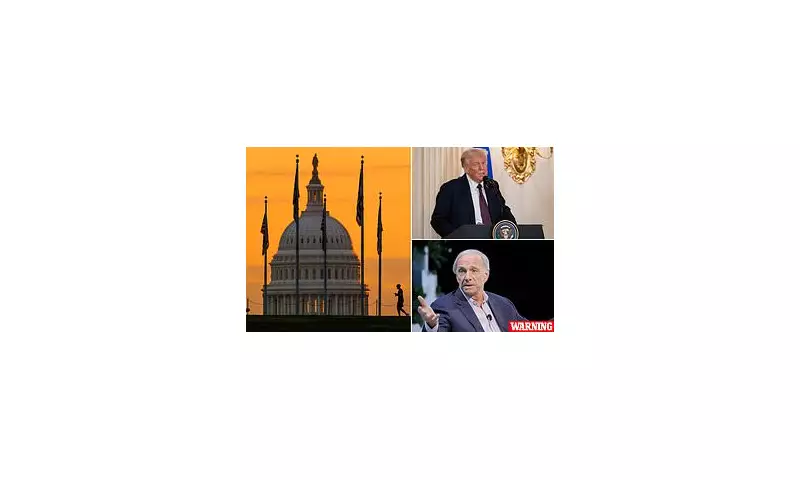
The United States has crossed a chilling financial threshold as its national debt accelerates at a pace never witnessed before in the nation's history. This alarming development has sent shockwaves through global markets and raised urgent questions about America's long-term economic stability.
A Debt Mountain Growing at Breakneck Speed
Recent Treasury Department data reveals the US national debt has surpassed $34 trillion, but the more concerning story lies in the velocity of its growth. The debt is now expanding faster than at any point in American history, including during major wars and economic crises.
Financial analysts are sounding the alarm, noting that this unprecedented accumulation occurred despite relatively stable economic conditions, unlike the 2008 financial crisis or COVID-19 pandemic when massive government spending was deployed as emergency measures.
What This Means for British Investors and Economy
For UK residents and investors, America's debt crisis carries significant implications:
- Market volatility: US Treasury bonds form the bedrock of global finance - instability here creates ripple effects across international markets
- Currency impacts: The pound's strength against the dollar could be affected by American financial uncertainty
- Investment concerns: Many British pension funds and financial institutions hold substantial US debt instruments
- Economic contagion: A US debt crisis would inevitably impact the UK's economic recovery and growth prospects
Why Experts Are More Worried Than Ever
While national debt itself isn't new, the current situation differs critically from past concerns. The combination of rising interest rates and explosive debt growth creates a perfect storm where servicing the debt becomes increasingly burdensome.
"We're entering uncharted territory," warned one London-based economist. "The speed of accumulation during peacetime, non-recessionary conditions is what separates this from historical precedents."
The Political Stalemate Deepening the Crisis
Across the Atlantic, political gridlock continues to prevent meaningful action. Both Democratic and Republican administrations have contributed to the spending, while neither party has presented a viable long-term solution.
With another government shutdown looming and debt ceiling debates becoming increasingly contentious, financial markets face ongoing uncertainty that could have lasting consequences for international investors, including those in Britain.
As the world's largest economy teeters on the edge of a debt precipice, the global financial community watches with bated breath, aware that when America sneezes, the world still catches a cold.





